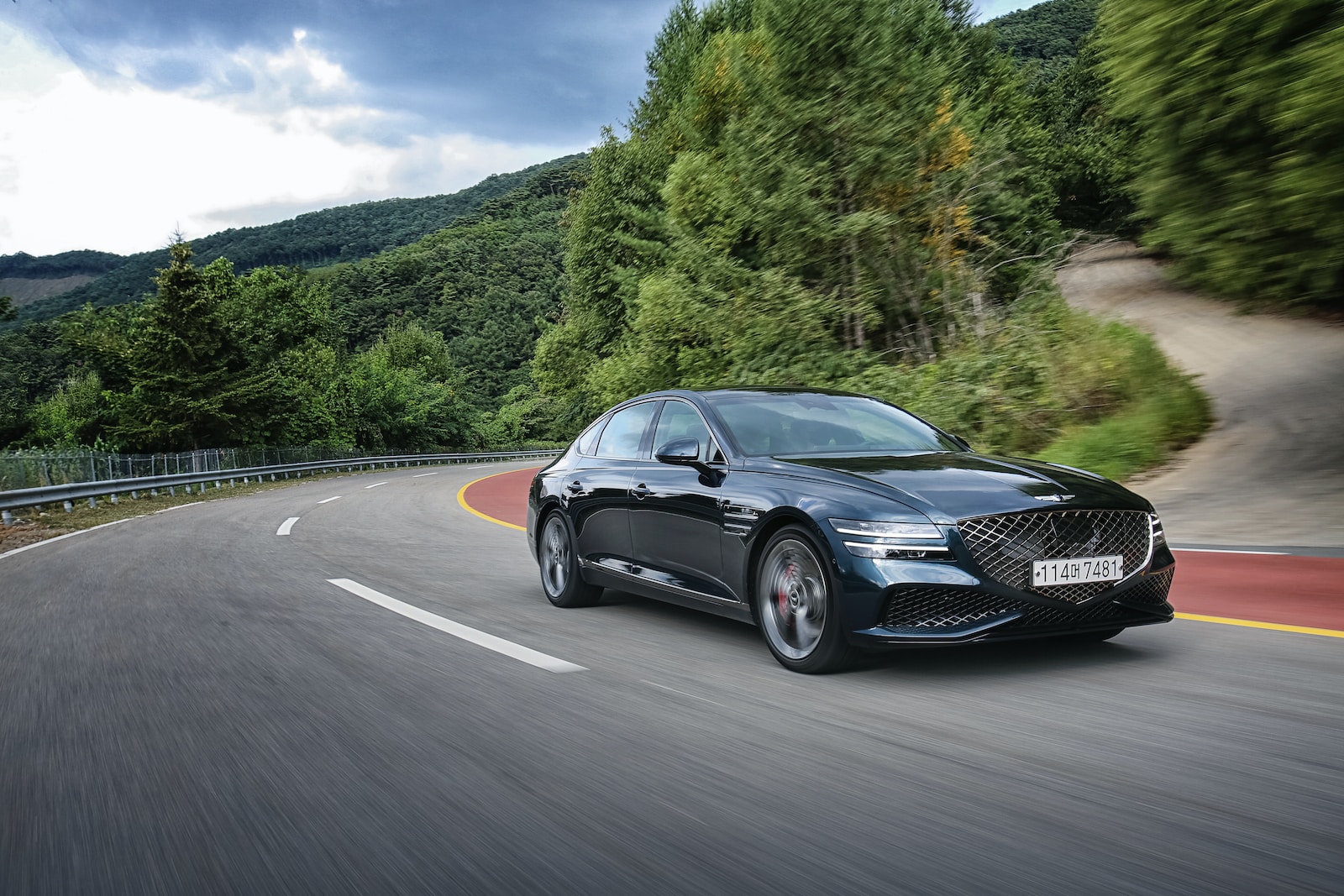In recent years, ethical investments in eco-transport have gained significant traction as individuals, businesses, and governments recognize the importance of sustainable transportation solutions. These investments have led to numerous success stories around the world, showcasing the positive impact of eco-transport on the environment, society, and the economy. In this article, we will explore some of these success stories through case studies, highlighting the transformative power of ethical investments in eco-transport.
Case Study 1: The Netherlands’ Cycling Infrastructure
The Netherlands is widely regarded as a pioneer in sustainable transportation, particularly when it comes to cycling infrastructure. The country has made substantial ethical investments in building dedicated cycling lanes, bike parking facilities, and traffic management systems. As a result, cycling has become deeply ingrained in Dutch culture, with over 27% of all trips made by bicycle.
The impact of these investments is remarkable. The Netherlands boasts one of the lowest carbon emissions per capita in Europe, thanks in part to the high number of people who choose cycling over driving. The investments in cycling infrastructure have also had a profound effect on public health by promoting physical activity and reducing air pollution. Moreover, the cycling industry has experienced significant growth, creating jobs and stimulating the economy.
Case Study 2: Bogotá’s TransMilenio Bus Rapid Transit System
Bogotá, the capital city of Colombia, has successfully implemented the TransMilenio Bus Rapid Transit (BRT) system, demonstrating the positive outcomes of ethical investments in eco-transport. The TransMilenio system consists of dedicated bus lanes, modern buses, and efficient boarding systems, providing a reliable and sustainable transportation option for millions of residents.
The investments in the TransMilenio system have had a profound impact on the city. They have significantly reduced traffic congestion and air pollution, as more people opt for the BRT system instead of private vehicles. This shift has not only improved air quality but also enhanced social equity by providing affordable and accessible transportation for all, regardless of income level.
Furthermore, the TransMilenio system has stimulated economic growth by creating job opportunities in the transportation sector and supporting local businesses. Its success has inspired other cities around the world to invest in similar sustainable transportation solutions.
Case Study 3: Tesla’s Electric Vehicles
Tesla, the renowned electric vehicle (EV) manufacturer, has revolutionized the automotive industry through its ethical investments in eco-transport. By developing high-performance electric vehicles and investing in charging infrastructure, Tesla has played a pivotal role in accelerating the adoption of EVs worldwide.
Tesla’s investments in EV technology have resulted in a substantial reduction in carbon emissions from the transportation sector. As more people transition from traditional gasoline-powered vehicles to EVs, the demand for fossil fuels decreases, leading to a cleaner and more sustainable transportation system. Additionally, Tesla’s investments have stimulated job creation in the EV manufacturing industry and fostered technological innovation.
The success of Tesla’s ethical investments in eco-transport has inspired other automobile manufacturers to invest in EV technology, further propelling the transition toward sustainable transportation.

Case Study 4: London’s Congestion Charge
London’s Congestion Charge is an exemplary case of ethical investment in eco-transport that has had a transformative impact on the city’s transportation system. The Congestion Charge is a fee imposed on vehicles entering the city center during peak hours, aimed at reducing traffic congestion and promoting sustainable modes of transportation.
The introduction of the Congestion Charge has resulted in a significant decrease in traffic congestion and air pollution in London. The investments in this initiative have incentivized people to use public transit, walk, or cycle instead of driving, leading to improved air quality and reduced carbon emissions. The revenue generated from the Congestion Charge has been reinvested in public transportation infrastructure, further enhancing sustainable transportation options.
The success of London’s Congestion Charge has inspired other cities to implement similar initiatives, recognizing the potential of ethical investments in eco-transport to address urban transportation challenges.
Case Study 5: China’s High-Speed Rail Network
China’s high-speed rail network stands as a remarkable example of ethical investments in eco-transports that have transformed the country’s transportation system. China has made substantial investments in building an extensive network of high-speed rail lines, connecting major cities and regions across the country.
The investments in China’s high-speed rail network have had numerous positive impacts. Firstly, they have reduced the reliance on air travel and private vehicles, resulting in a significant decrease in carbon emissions. The high-speed trains are powered by electricity, which can be generated from renewable sources, further enhancing the sustainability of the transportation system.
Secondly, the investments have improved connectivity and accessibility, allowing people to travel quickly and efficiently between cities. This has facilitated economic growth, as businesses can easily access different markets and regions. Additionally, the high-speed rail network has created job opportunities in construction, operation, and maintenance, contributing to the overall development of the economy.

































